"The search for beauty and benevolence that binds truth-seekers in mathematics across generations will continue to enable the flourishing of mathematics."
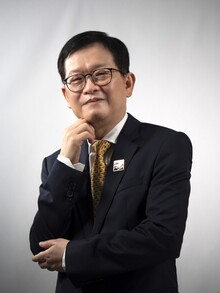
Professor Ngaiming MOK
Edmund and Peggy Tse Professor in Mathematics and Chair Professor of the Department of Mathematics
Professor Ngaiming MOK
Edmund and Peggy Tse Professor in Mathematics and Chair Professor of the Department of Mathematics
Research interests: Several Complex Variables, Complex Differential Geometry, Algebraic Geometry, Arithmetic Geometry
Research achievements: Professor Mok has resolved several major mathematical problems, including his solution in 1988 of the Generalized Frankel Conjecture, his solution in 1999 of the Lazarsfeld Problem with Professor Jun-Muk Hwang at KIAS, his solution in 2012 with Dr Sui-Chung Ng at HKU of a problem of Clozel and Ullmo in Arithmetic Dynamics on bounded symmetric domains, and his solution in 2019 of the Ax-Schanuel Conjecture on Shimura varieties with Professor Jonathan Pila at Oxford and Professor Jacob Tsimerman at U. Toronto.
Some people may think research-related work is tedious, but Professor Ngaiming Mok holds a different view. In his opinion, mathematics is not just about numbers and calculation but can be integrated into various theories and other aspects of life, ‘It’s a journey in search of beauty and benevolence,’ said Professor Mok with a charming smile.
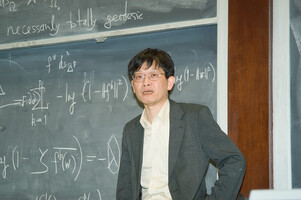 As a renowned mathematician, Professor Mok is well-known in the mathematical community for his global perspective on pure mathematics and for having solved a series of important conjectures and problems using a combination of analytic, algebraic and geometric methods. His contributions brought him numerous prestigious honours along his scientific journey. 2022 is cer tainly a good harvest year for him as he was awarded the Chern Prize in Mathematics at the International Congress of Chinese Mathematicians, as well as the 2022 Future Science Prize in Mathematics and Computer Science, also known as China’s Nobel Prize, which aims at recognising scientific breakthroughs and innovations in the Greater China Region. It is a well-deserved award for his exceptional contributions to promoting the development of mathematics and computer science related basic research in the Greater China region.
As a renowned mathematician, Professor Mok is well-known in the mathematical community for his global perspective on pure mathematics and for having solved a series of important conjectures and problems using a combination of analytic, algebraic and geometric methods. His contributions brought him numerous prestigious honours along his scientific journey. 2022 is cer tainly a good harvest year for him as he was awarded the Chern Prize in Mathematics at the International Congress of Chinese Mathematicians, as well as the 2022 Future Science Prize in Mathematics and Computer Science, also known as China’s Nobel Prize, which aims at recognising scientific breakthroughs and innovations in the Greater China Region. It is a well-deserved award for his exceptional contributions to promoting the development of mathematics and computer science related basic research in the Greater China region.From a magnificent book lover to an accomplished mathematician
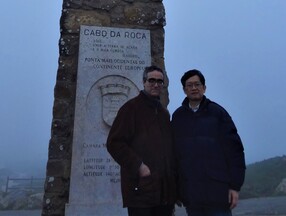 | 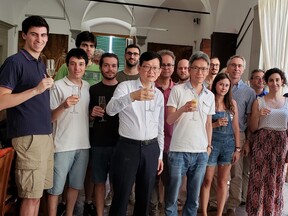 | 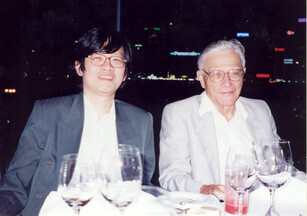 |
Developing a passion for truth
| Selected Awards and Achievements | |
2022 | Future Science Prize in Mathematics and Computer Science |
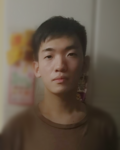 Lawrence YAU
Lawrence YAUYear 3 student in BSc programme, majoring in Biochemistry
'I am highly amazed by Professor Mok’s enthusiasm and determined effort to look for truth and pursue invaluable scientific accomplishments. As a Science student, I have encountered and overcome challenges that constantly confuse me. However, Professor Mok eased all my concerns by telling me about his experiences along his journey. He made me realise that I am not alone in facing such difficulties and that our teachers will always be here to help guide us to become successful scientists.'

